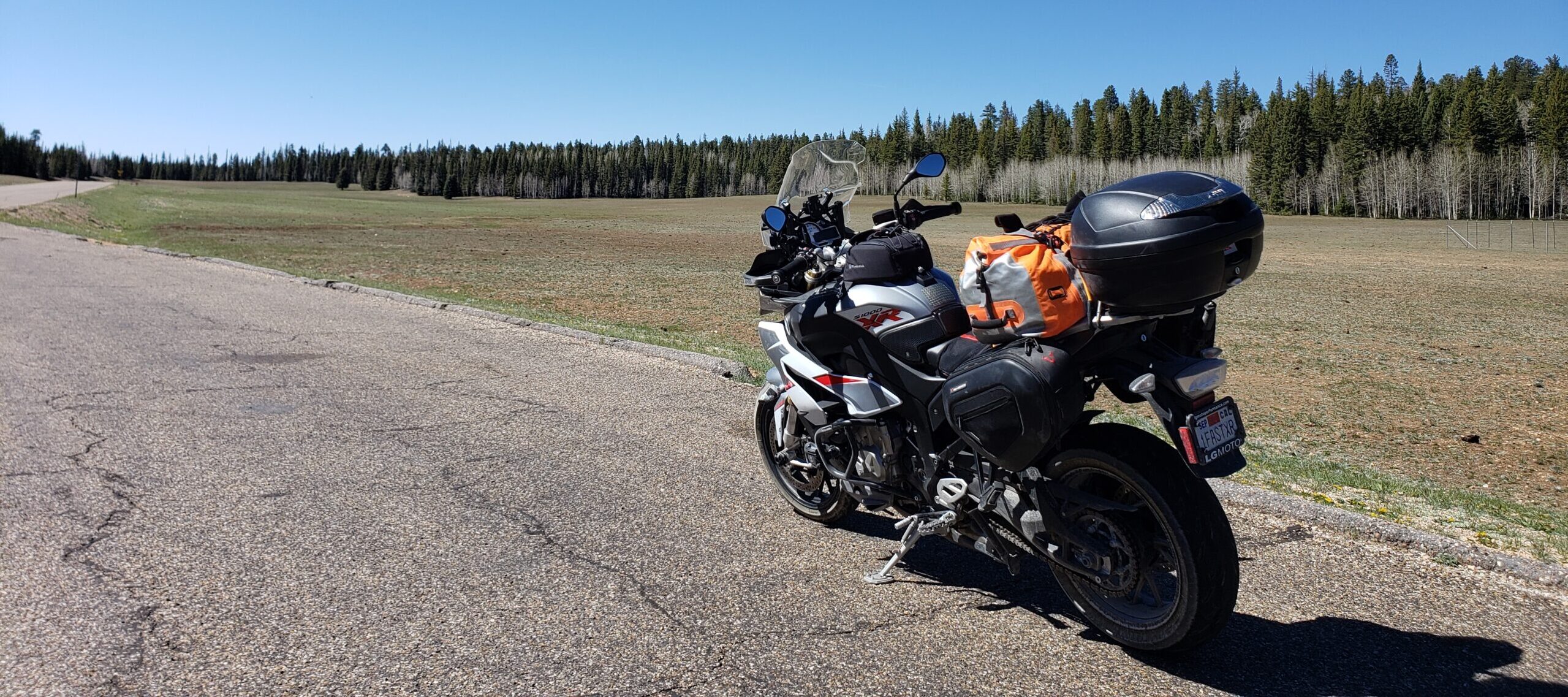Local man, Tul Durrow (46), recently got a new job with a defense contractor that does work for the federal government.
“They were very clear with me from the first interview, passing a drug test was a requirement of employment”, Tul says, “I was very worried about it I can tell you”.
Tul had been laid off from his previous position as a sheep clerk at a paint factory 6 months previously.
“The old job never did a drug test so I never had to worry about it, but the severance pay was running low and I really needed this gig at R.Solls Inc”.
Leading up to the drug test, Tul told us, he was very concerned, he said he knew other people who had been denied employment due to their drug use.
“I had to get this job, I was prepared to do anything”, the middle aged livestock administrator reflected, “and so I committed to the plan that eventually helped me get through the drug test”.
Tul did pass his drug test and his method may reshape the way employment checks are done in the future. “I sat having coffee the morning of the test, sweating bullets,” Tul mused, “and that is when I decided to give up drugs years ago”.
And so Tul Durrow, who smoked weed at the local high school with his friends, took ecstasy in college and jammed rails of Bolivian up his nose at his mates bachelor party, stopped taking drugs altogether in his late twenties.
“I haven’t had acid since I was 19, I think it really helped me mask my drug use at the clinic”, said the burly, red faced father of two, “not tripping monkey nuts for nearly 20 years seems to be a great way to fool the blood test, I would recommend it to anyone facing stringent employment drug testing”.
Gerald De Vank, blood screening technician at D-Cell, is concerned about this development. “We pride ourselves at D-Cell that we offer the best and most thorough drug testing service to employers in the area. If patients start eliminating drug traces from their blood with extensive years of abstinence, we will be at a complete disadvantage”. A worried look creeps across Gerald’s face, “It’s a game changer”.
It is not just employers that this could effect. We met up with Logen Ninefingers, chief cowcounter at the World Anti Doping Agency (WADA) in his office located in Bethod, Canada. WADA promotes, coordinates and monitors the fight against drugs in sports. Logen stares out across the field of friesian cattle at the WADA headquarters, “we are all greatly concerned about this development,” he says, “athletes will do anything to get through a drug screening. We have seen everything from blood transfusions to drinking cans full of fake urine, I do not doubt that an Olympic level shepherd or ice skater would consider this drastic measure, even going as far as not ever boofing horse muscle at all to avoid getting caught.”
Has Tul Durrow changed professional sport as we know it? Only time will tell. Ninefingers is not optimistic. “If Lance Armstrong had used this method of not doping for many years before he raced, or even never at all, we might never have been able to strip seven titles from the cheating bastard, it is a real problem”.
We caught up with Durrow as he was ear tagging pigs at his desk at R.Solls. When asked about the impact his method may have on employment and even world sports, Tul is philosophical, “look, people need to do what they need to do, if you need to stop popping MDMA and dancing like a twat to loud bass thumps in your early twenties to get a job when you are an adult, I say do it. As for sports, I am a Moto GP fan where the riders are mostly too young to get good drugs so it doesn’t really effect me, but you know, whatever”.
It occurs to us here that there may be even further reaching effects of this simple method of passing drug screenings, is it possible to fool a police alcohol breathalyzer by not drinking? Ruddy faced gammon, Tul Durrow may have made our world very different, at work, in sports, on the road. But is it for the better? We will continue reporting as new developments arise.
